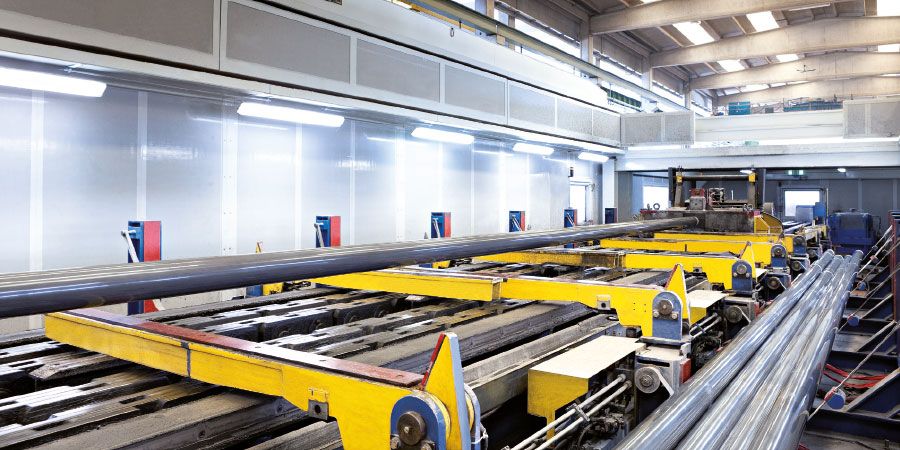Equinor has awarded Tenaris the supply of tubulars for the Northern Lights CO2 transport and storage facilities in Norway. From its Dalmine mill in Italy, Tenaris will produce 105km 12” Carbon Manganese (C-Mn) seamless line pipe for the milestone project.
“For this unique project, we leveraged our extensive track record, our technical capabilities and environmental commitment to support the project with line pipe products, contributing to the development of a value chain for Carbon Capture and Storage. Participation in an industry defining project such as Northern Lights marks an important forward step for Tenaris and its positioning and product development strategy for its energy transition agenda”, said Gregoire Flipo, Tenaris Line pipe & Process Commercial Vice President.
Tenaris has announced a medium-term plan to reduce its CO2 emissions intensity per ton of steel by 30% compared to its level in 2018 by 2030.
The company will achieve this target by using a higher proportion of recycled steel scrap in the metallic mix, carrying out investments to increase energy efficiency and the use of renewable energy for part of its energy requirements.
“We will give additional transparency and evaluation to this program, which will be followed on a quarterly basis in our Board. This will become an ever more important part of our agenda in the coming years,” said Paolo Rocca, Tenaris Chairman & CEO.
Northern Lights is responsible for developing and operating CO2 transport and storage facilities, open to third parties, as part of Longship, the Norwegian Government’s full-scale carbon capture and storage project. Equinor is responsible for delivering the facilities onshore and offshore as a technical service provider to Northern Lights JV.
Tenaris and Equinor are longstanding business partners, and within its framework agreement, the two companies will continue to collaborate on projects that promote shared values of sustainable, responsible development of energy resources.
Northern Lights enables the mitigation of industrial process emissions for which there is currently no scalable solution, accelerates the decarbonisation of European industry, and facilitates the removal of CO2 from the atmosphere. It is the project that will build the world’s first underwater CO2 storage facility. By 2024, a tank will be activated at a depth of 2,600 meters in the North Sea and 100 kilometers from the Norwegian west coast where 1.5 million tons of CO2 per year can be stored. The goal is to stoke five million. Shell and Total are also partners in the project. In addition to them, the Norwegian government, which has allocated over 1.6 billion euros.






